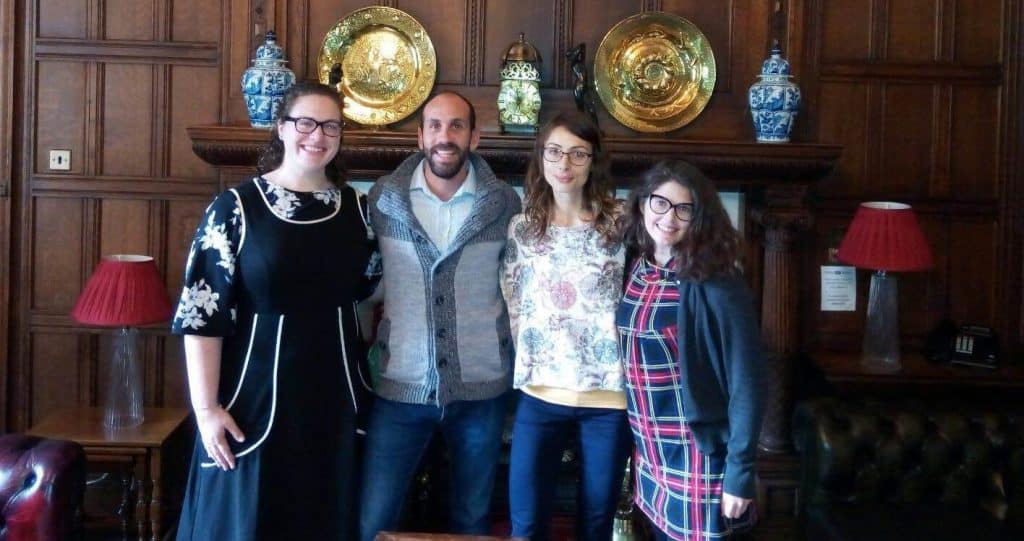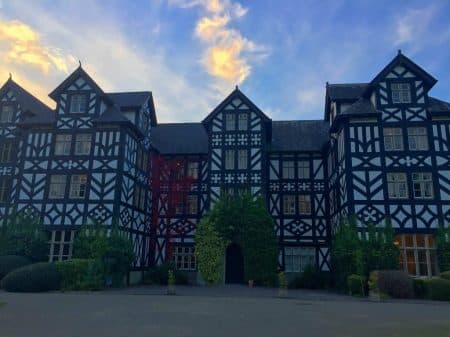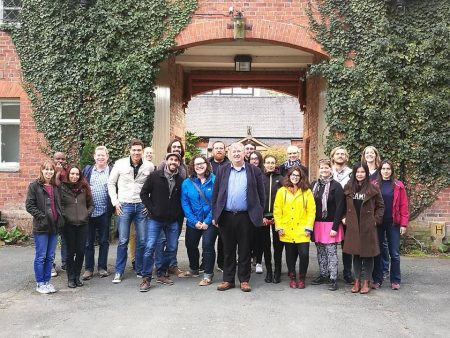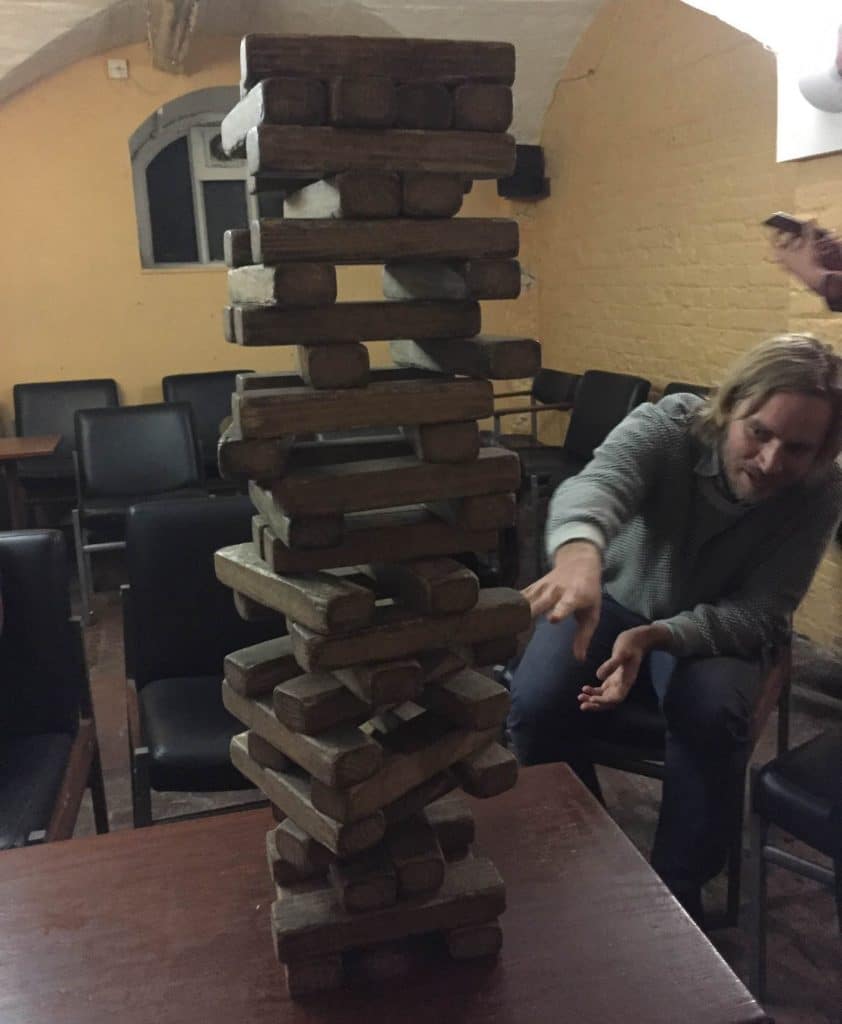
From the 3rd to 7th of October I – along with my fellow ESRs Lorena Axinte, Catia Rebelo, and Alessandro Vasta – attended the biennial ESRS Autumn School. This year’s school was facilitated by Prof. Michael Woods and the Global-Rural Research group from Aberystwyth University. The School focused on examining globalization as it’s experienced in different rural localities; with classes and workshops on theoretical perspectives, methodological considerations, and developing research and professional skills.

PhD students, early-stage researchers, and the tutoring staff converged on beautiful Gregynog Hall in Tregynon, mid-Wales, for a week of classes, discussion groups, fieldtrips… and lots of Jenga (but I’ll get to that later). Gregynog is a beautiful country mansion located in Tregynon, Wales which is surrounded by gardens and forests. The historic house was bequeathed to the University of Wales by Margaret Davies, to serve as a conference center for the University of Wales. It was a great venue with beautiful rooms, an excellent dining hall, spacious discussion space, and plenty of paths to take walks on before, in between, and after workshops.
There were researchers who not only hailed from all over the world, but conducted international research as well. The United Kindgom, Brazil, Italy, Lithuania, Poland, Norway, the United States, China, Latvia, Portugal, Netherlands, Romania, and Liberia were represented – just to name a few! The international perspective was also present in the pre-assigned readings and various discussions had throughout the week, and lent a comprehensive perspective to the examination of globalization in rural areas. It was interesting to see what other work was being done and learn from everyone’s experiences and perspectives.
The school was a great way to meet other researchers in the field – both those who are established, and those just starting out. It was also beneficial to the development of my project within SUSPLACE through being able to discuss my ideas for the project with people and get a variety of feedback. The talks, discussions, and workshops that were held were also really beneficial with helping me thing through some aspects of my work! All of the talks were engaging and insightful, though I found particular use of Deema Kaneff’s discussion of working in Eastern European countries for the methodological considerations in my own project, Michael Woods’ opening talk on researching the global countryside for its overview of different theoretical approaches, and the workshops on doing international fieldwork, research ethics and data management, publishing your research, and career planning. We also had a workshop led by Anthonia Onyeahialam on creating StoryMaps as another form of research analysis and dissemination.

We were also taken on a fieldtrip into the town of Newtown, Wales, to visit Cultivate – a social enterprise that focuses on localizing the food economy through running three community gardens and several ‘micro businesses’. It’s always great to get out into the field and actually meet the people and communities we discuss as academics, but this was particularly exciting for me since my SUSPLACE project deals with the social economy of food initiatives. I was able to learn about the different activities that Cultivate carries out, and what ways they link back to social and solidarity economics. After our fieldtrip, some of the group decided to venture into Newtown to see what it was like and have dinner. We had an excellent time getting lost, talking to the locals, eating delicious food, and taking one memorable taxi ride back to Gregynog.

